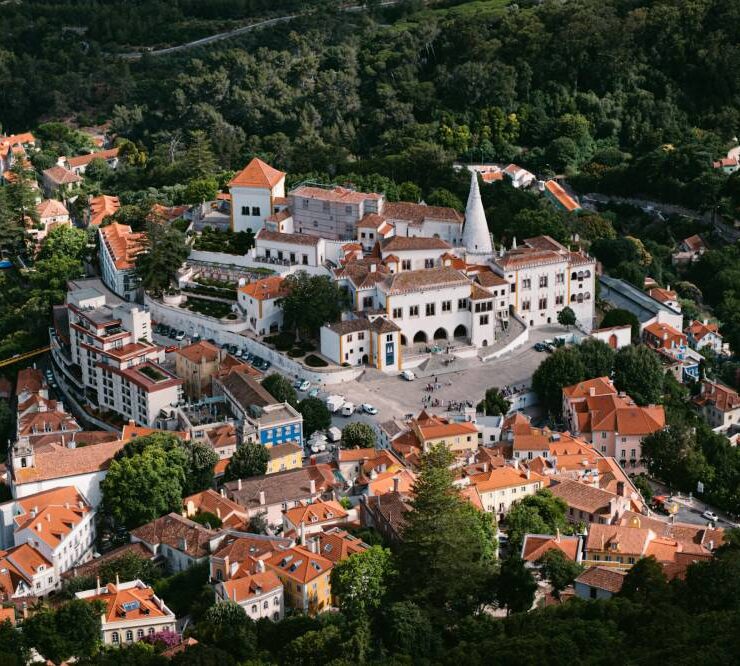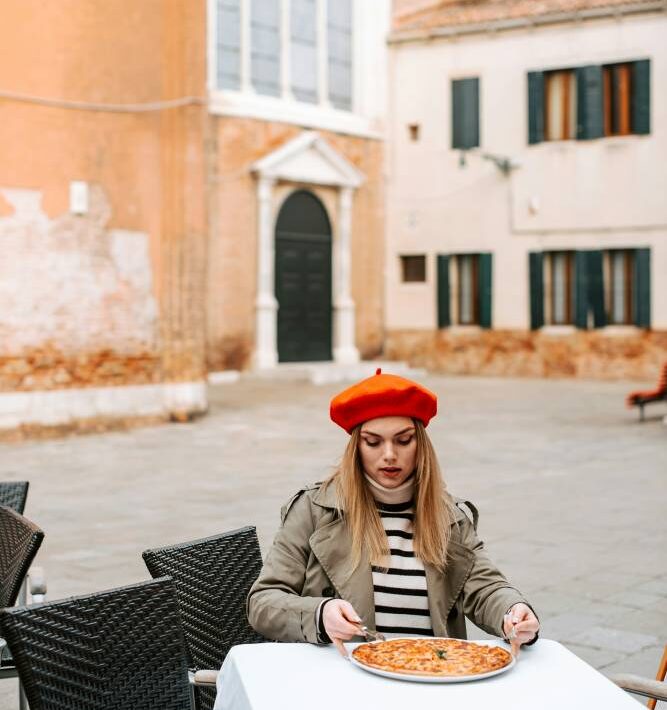Global tables, local stories
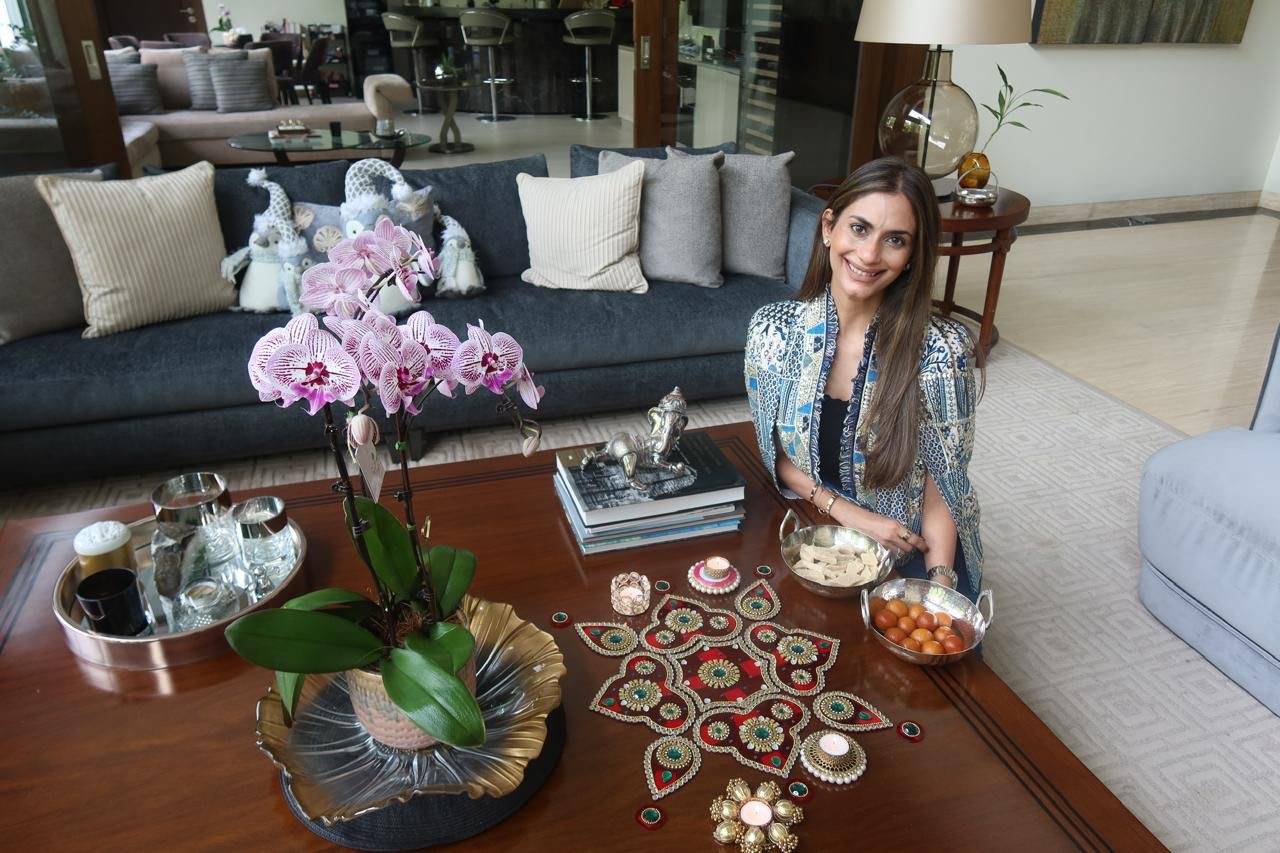
As the year draws to a close, I find myself returning to the table, not for the food alone, but for what it represents. In every culture, the act of gathering around a meal, a flame, or a moment of pause is both ordinary and sacred. It is how we mark time when we are reminded of what matters most.
As Filipinos, we know this by heart. We are a people of gatherings and salu-salos—of warmth and welcome, of “kain tayo!” said not as an invitation, but instinct. Yet I’ve come to see that this impulse to connect is universal, shared by cultures near and far. There is always a table, or a fire, that brings people together.
To understand how this sense of connection transcends borders, I spoke with three Filipinas who call different parts of the world home. Women who have embraced both old and new dining rituals while keeping their Filipino roots beautifully alive. Each shared a glimpse of how they gather: around a fire in Africa for the boma, a circle that welcomes; over the Spanish picoteo—small plates meant to be shared, where food and friendship intertwine; and through the gentle glow of Diwali, as one Filipina celebrates her Indian heritage here in Manila, lighting her home and heart with warmth and grace.
In their stories, the table becomes more than a place to eat. It is where belonging takes shape and gratitude is quietly practiced in the simple act of coming together, sharing a meal, and making the world feel wonderfully small.

Stephanie Kienle Gonzalez
Managing director of Philux, a 45-year-old Filipino furniture company that champions conscious luxury crafted locally. She is committed to celebrating Filipino design and craftsmanship at home and on the global stage.
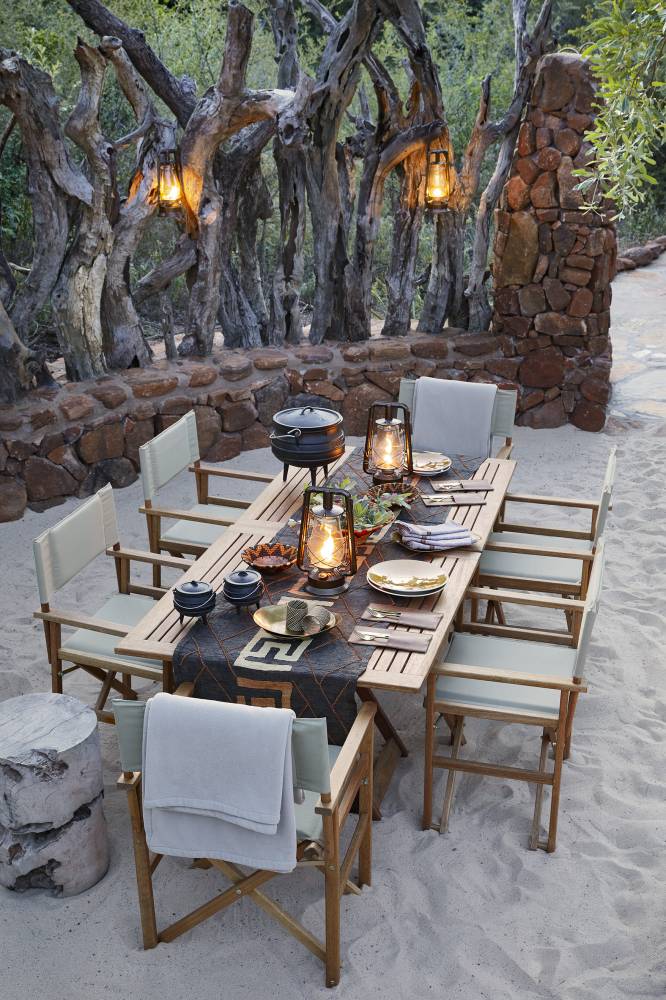
The African boma
One of my favorite rituals is the boma—an open-air gathering around a fire, often deep in the African bush. The word boma comes from Swahili, meaning “enclosure,” originally a space built for protection—but today, it’s a circle that welcomes. It’s where time slows down and connection takes center stage.
Flames crackle, stars fill the sky, and stories—both old and new—are shared over simple local fare: pap (a soft maize porridge, a South African staple), grilled boerewors, and charred corn brushed with spiced butter.
Surrounded by the wild, we feel part of the great world of nature—attuned to its sounds, its stillness, its pulse. For me, the boma is more than a meal—it’s a celebration of nature, community, and the beautiful simplicity of gathering under the open sky.
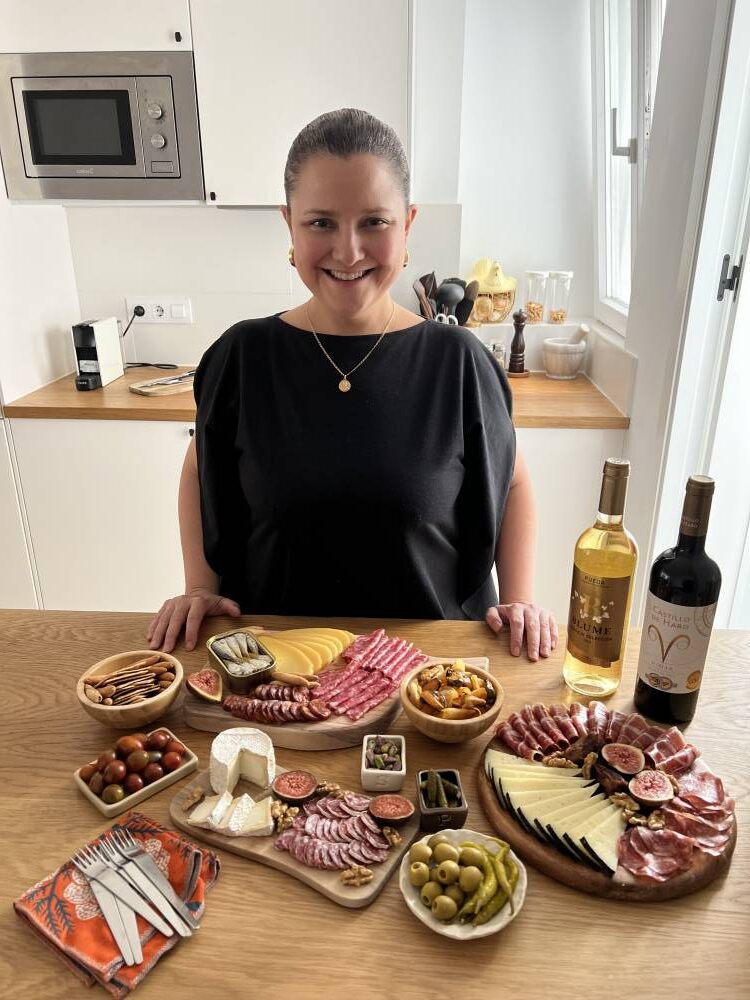
Joey de Larrazabal Blanco
Works with Spain Bespoke Advisory SL, a real estate company based in Madrid, Barcelona, Valencia, Malaga, and Marbella, while catering to individuals looking to diversify their portfolio by investing in real estate in Spain.
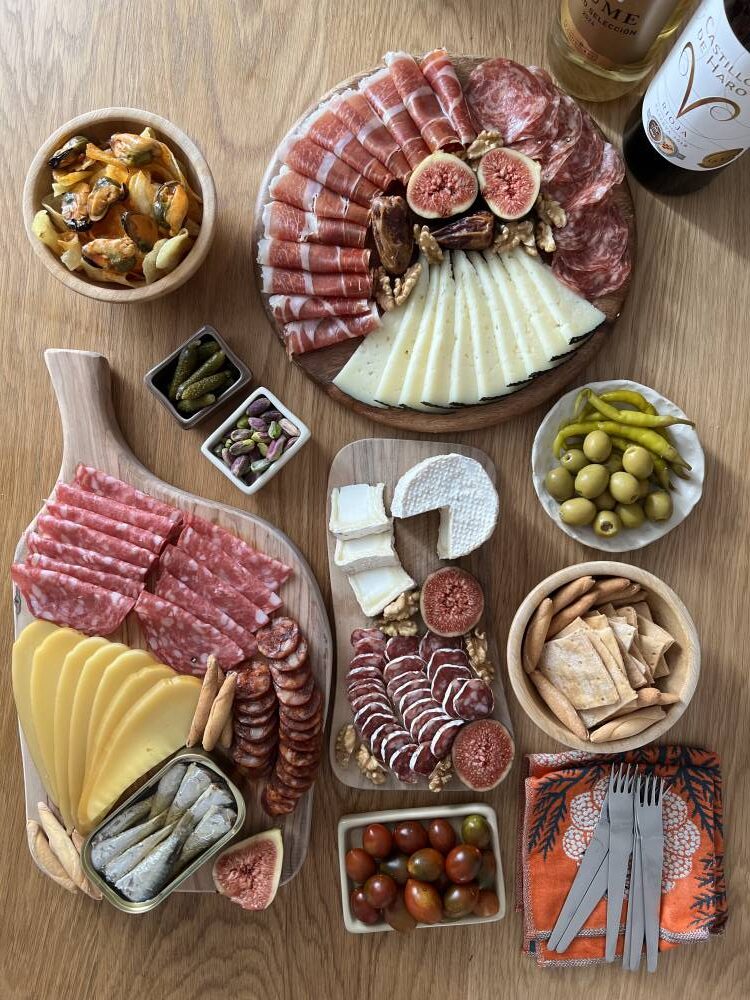
Picoteo in Madrid
Since we moved to Madrid, one of the local food customs that I have loved is the “picoteo.” It is sharing small nibbles of a variety of food (very much like “tapas”). I’ve always loved eating this way, “picking” at little bites, and Spain has really turned it into something special, deeply embedded into their culture.
The food can be varied: cheese and charcuterie, conservas (tinned seafood), dips, tostas, cooked chorizo, nuts, fruit, pickles, olives, crudites… no limits! The key is that they are generally “small bites” that can be easily eaten, and that they are all shared.
You see, picoteo is not just a gastronomic tradition but also a social one. It’s about friends and family gathering together without pretenses or high expectations, just enjoying good food, some drinks, and, most importantly, each other.
Riana Mahesh Mirpuri
Homemaker, fashion jewelry designer
Diwali at Home
Diwali, the Festival of New Light and Hope, for us is not just a festival, it is a feeling of renewal. We transform our home, we clean, we decorate with Bandhanwars and Rangoli, and we light diyas on every corner to invite positivity.
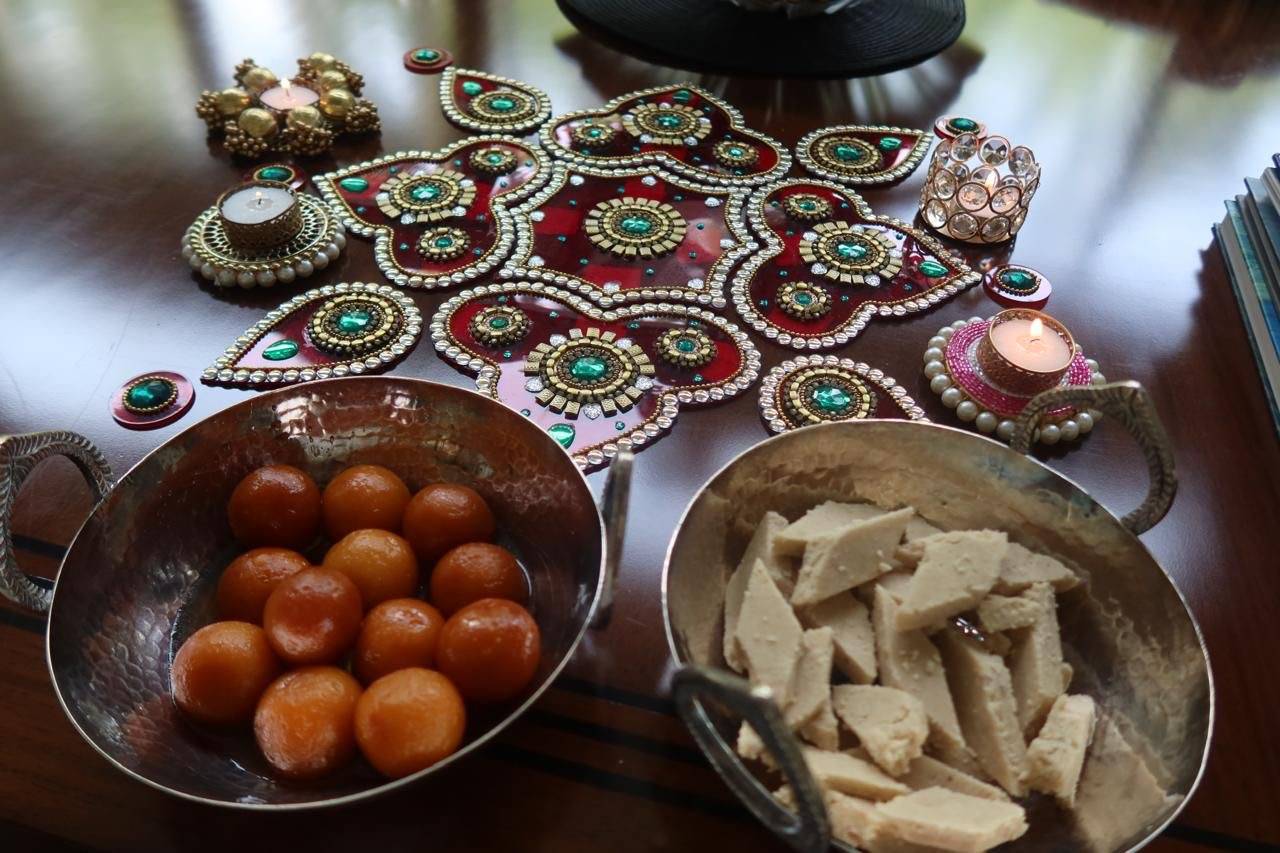
The night sky sparkles with fireworks, symbolizing the victory of light over darkness, good over negativity. What I love the most is the Lakshmi Pooja, the moment where the whole family gathers and prays together, and the soft glows of diyas fill the house with peace.
What makes Diwali special for me isn’t just the sparkle of lights or the sweets shared, but the sense of togetherness, reconnecting with loved ones, giving to those in need, to start afresh, fill our hearts with warmth, love, and gratitude.
My reflection as a Filipino
Across continents and cultures, I see the same truth: We may gather in different ways, but the intention is shared to connect, to give, to belong, and to honor one another with respect. And perhaps that is why these global rituals speak to me so deeply. They remind me of who we are as a people—generous, hospitable, and quietly resilient.
The boma reminds me of our own Filipino ihawan gatherings—where food tastes better eaten by hand, stories flow with the smoke, and laughter becomes the evening’s soundtrack. Different landscapes, same instinct: To belong and to be warmed, not just by fire, but by company.
The picoteo reminds me of our own way of casually gathering—sitting around a table without fuss, sharing whatever is on hand. It’s very Filipino in spirit: Food as both centerpiece and backdrop, not to impress but to connect. Whether in Madrid or Manila, the instinct is the same—the joy of feeding, sharing, and simply being together.
Like Diwali, the festival of lights, Filipinos understand that kind of togetherness—gathering with loved ones and the friends we choose to call family, where every shared moment flickers with hope.
One of my fondest memories from butler school in the Netherlands was when I found myself craving Asian food. I convinced my classmates to order Indonesian food, and soon, we were gathered in the pantry, sharing a feast and stories—just as I would back home. It wasn’t the food alone, but the act of eating together that made it unforgettable and satisfying.
This season, I find comfort in knowing we can always create our own circle of light. It doesn’t take much—just a table, a meal, and the presence of those we care for. Whether it’s a boma under the stars, a picoteo in the terrazas, or a candlelit supper at home, each is a reminder that grace is found in the gathering itself and the rituals that remind us to pause and be grateful.
Hospitality, after all, is not something formally taught but absorbed through generations—it is our cultural legacy, instinctive to Filipinos, a natural warmth in making others feel at home.
The global table—bringing the world home
Spanish conservas: Sabor Español (@chichajo on Instagram)
Cazuelas, paelleras, and Spanish grocery staples: Terry’s Selection, P. Tamo (+63 905 303 3211), or Terry’s Molito (+63 8561 4900)
Indian grocery: Assad Mini Mart Makati (+63 8897 2543) or Mustafa Mini Mart Alabang (+63 915 750 2237)
Swiss and European gourmet food: Säntis Delicatessen, Forbes (+63 917 844 7127) or Säntis Delicatessen, Molito (+63 917 835 4504)
Italian and European specialty goods: Bacchus Epicerie Rockwell (+63 8896 5646) or Bacchus Epicerie Alabang (+63 8828 6708)
Homemade Filipino ice cream and hard-to-find snacks: Pop’s Grocery Store at Milkyway (+63 977 021 0477)
Filipino delicacies and pasalubong: Kultura (@kulturafilipino on Instagram)

















